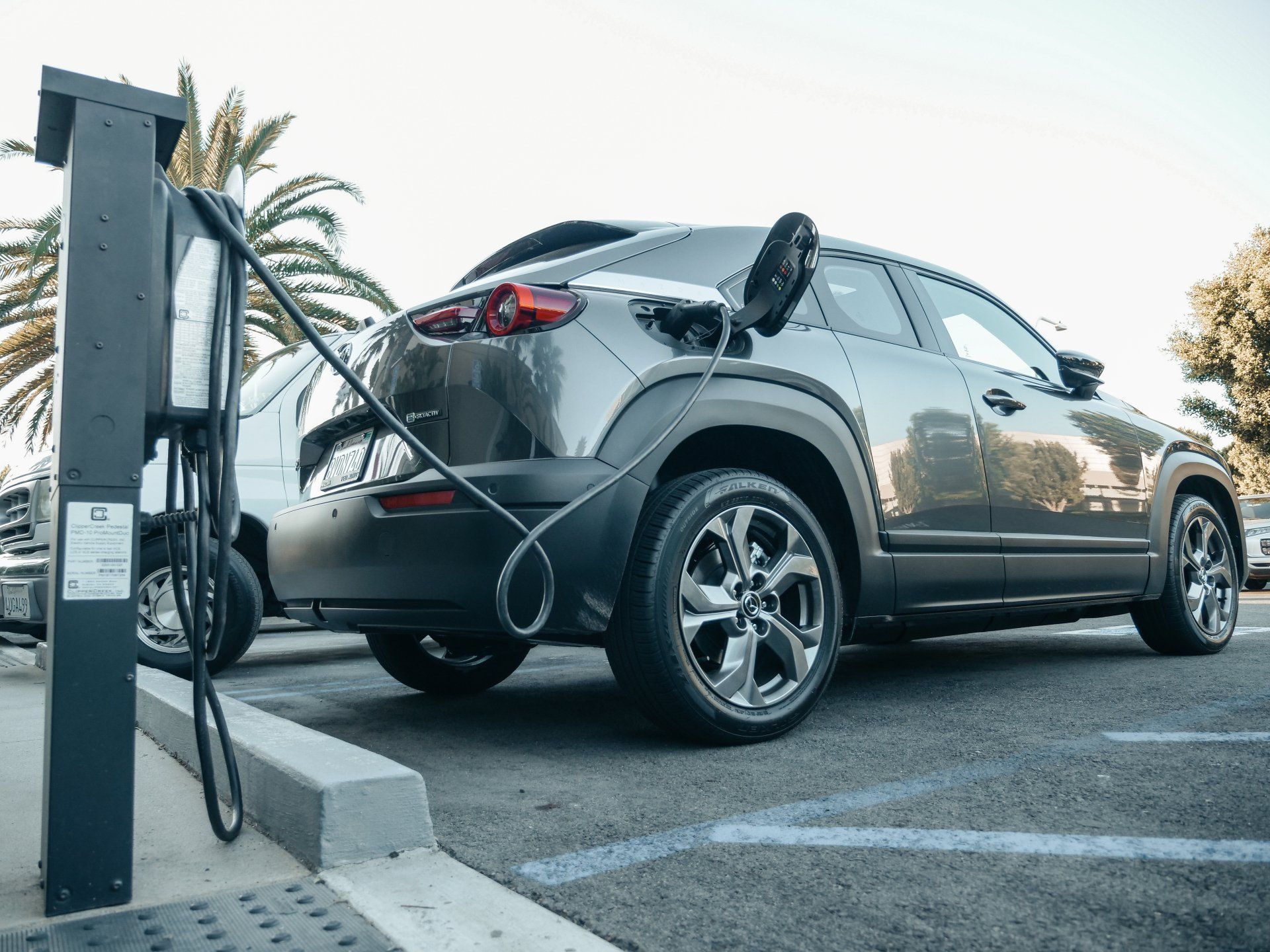Electric cars - a new tax saving
Are you thinking about getting a new car? You may want to consider the newly announced tax savings associated with electric vehicles.
On 29 June 2022, the Government announced a proposal to remove fringe benefits tax (FBT) on eligible electric cars. On 12 December 2022 this measure became law. From 1 July 2022 employers do not pay FBT on eligible electric cars and associated car expenses.
Generally, FBT reduces the tax benefits associated with motor vehicles by taxing private usage or otherwise reducing the tax deductions associated with private use. Under these new laws, an employer will receive a full tax deduction for an eligible electric vehicle and associated running expenses, without incurring any FBT cost, regardless of the private use of a vehicle.
For business owners, the new laws will make an electric vehicle more tax effective than an equivalently priced fossil fuel vehicle. On a $60,000 car that is available for private use, the FBT saving on an electric vehicle, using the statutory method, would be $11,732 per year.
Similarly, for employees that are salary sacrificing an electric vehicle through a novated lease, the FBT cost saving should increase the after-tax salary paid to the employee.
It is important to note that an electric vehicle will only be eligible if all of the following conditions are satisfied:
- the car is a zero or low emissions vehicle. This means it is a battery electric vehicle, hydrogen fuel cell electric vehicle, or plug-in hybrid electric vehicle designed to carry a load of less than 1 tonne and fewer than 9 passengers. It is noted the FBT exemption for plug-in hybrids will cease from 1 April 2025.
- the first time the car is both held and used is on or after 1 July 2022;
- the car is used by a current employee or their associates (such as family members); and
- luxury car tax (LCT) has never been payable on the importation or sale of the car. This means the cost of the car including GST must be less than $84,916 in the 2022/23 year.
If you are a sole trader looking for a new vehicle unfortunately the FBT exemption will not provide any tax saving. A sole trader cannot be an employee of their own business and therefore cannot receive a motor vehicle fringe benefit.
At this stage it is anticipated that the FBT exemption will remain until at least 2027.
Not sure how this would work for you? Feel free to give us a call, or book a time to discuss.




